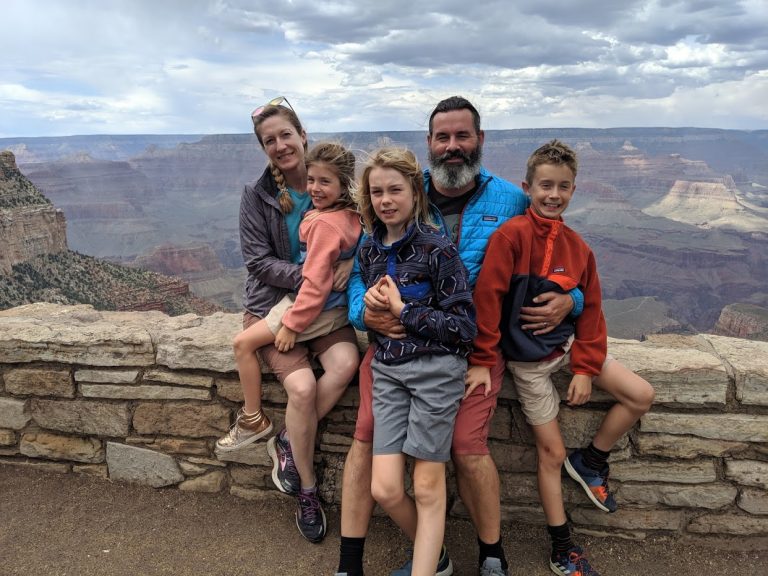
Federal age discrimination laws tightened
Federal Attorney-General Robert McClelland recently announced that the Federal Government would be beefing up the Age Discrimination Act 2004 to outlaw age discrimination in a broader range of circumstances.
Although currently about 13 percent of Australia’s population is aged over 65, the Human Rights and Equal Opportunity Commission (HREOC) estimates that by 2051, over 25% of our population will be over the age of 65. Australia’s ageing population means that discrimination laws must keep pace with rapid demographic changes.
Direct discrimination arises when a person is treated less favourably because of his or her age than a person of another age in the same circumstances.
In the well-publicised case of Hopper v Virgin Blue Airlines, the Queensland Anti-Discrimination Tribunal in 2005 found that Virgin Blue had directly discriminated against a group of applicants for cabin crew positions.
Virgin Blue’s assessment process was carried out by assessors who were relatively young and who were likely, according to the Tribunal, to select applicants of their same age and experience. The Tribunal awarded each of the applicants who brought the claim $5000 as compensation for the age discrimination against them.
Currently, the Age Discrimination Act 2004 only prohibits age discrimination where the age is the dominant reason that the aggrieved person is treated unfavourably.
The proposed amendment will mean that age need only be one of the reasons for the discrimination. These changes will bring the Age Discrimination Act 2004 into line with state legislation which deals with age discrimination. This change was first raised in a report called Older People and the Law, prepared by a bipartisan House of Representatives Committee.
A person who believes he or she has been discriminated against on the basis of age in an existing or potential job or in any of the other protected areas can make a complaint to HREOC or to his or her relevant state discrimination agency.
The process will vary according to which jurisdiction is used, but generally there will be an attempt to settle the matter before it will be allowed to proceed to a court hearing. Depending on whether the federal or state jurisdiction is accessed, the caps on compensation will also vary.










